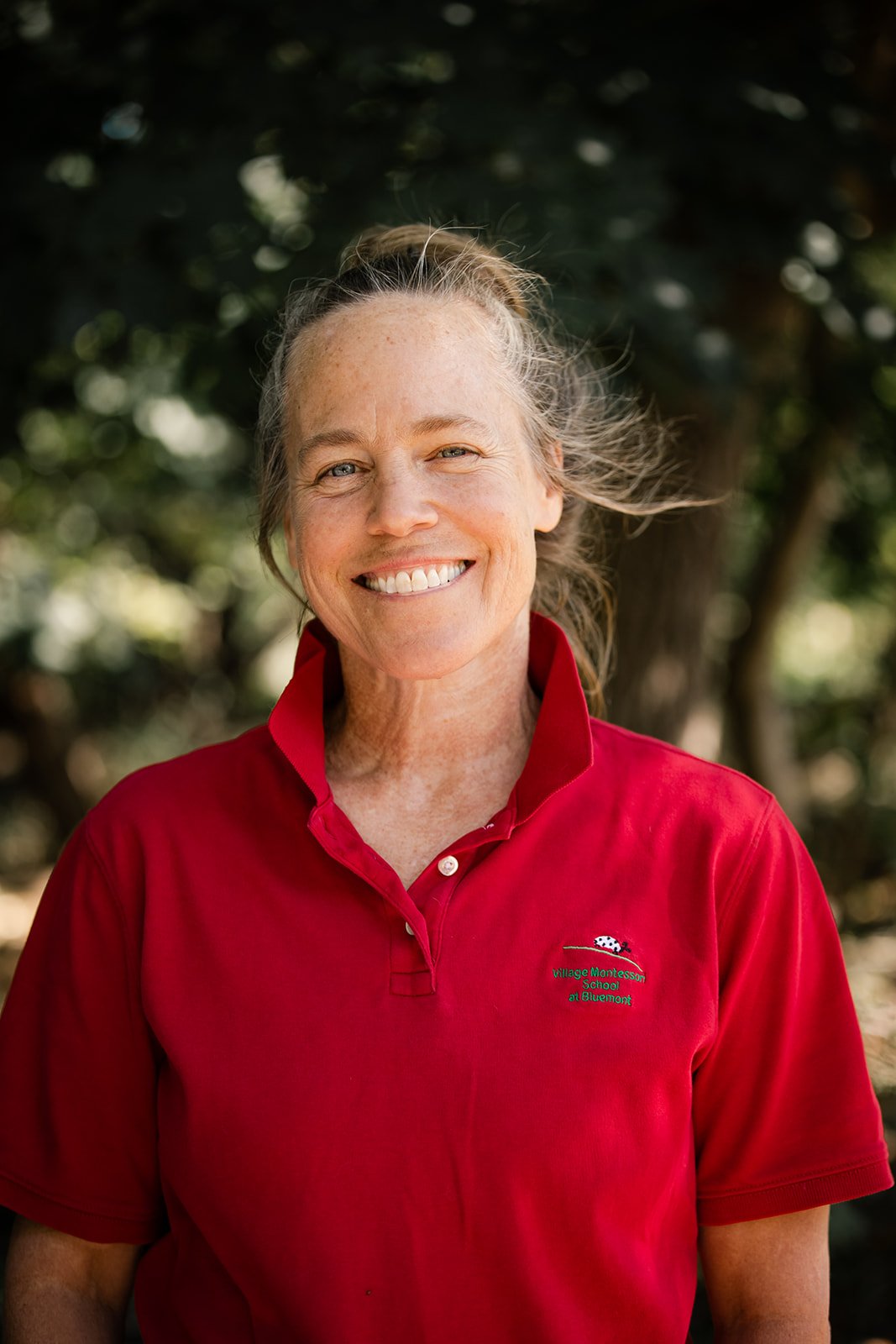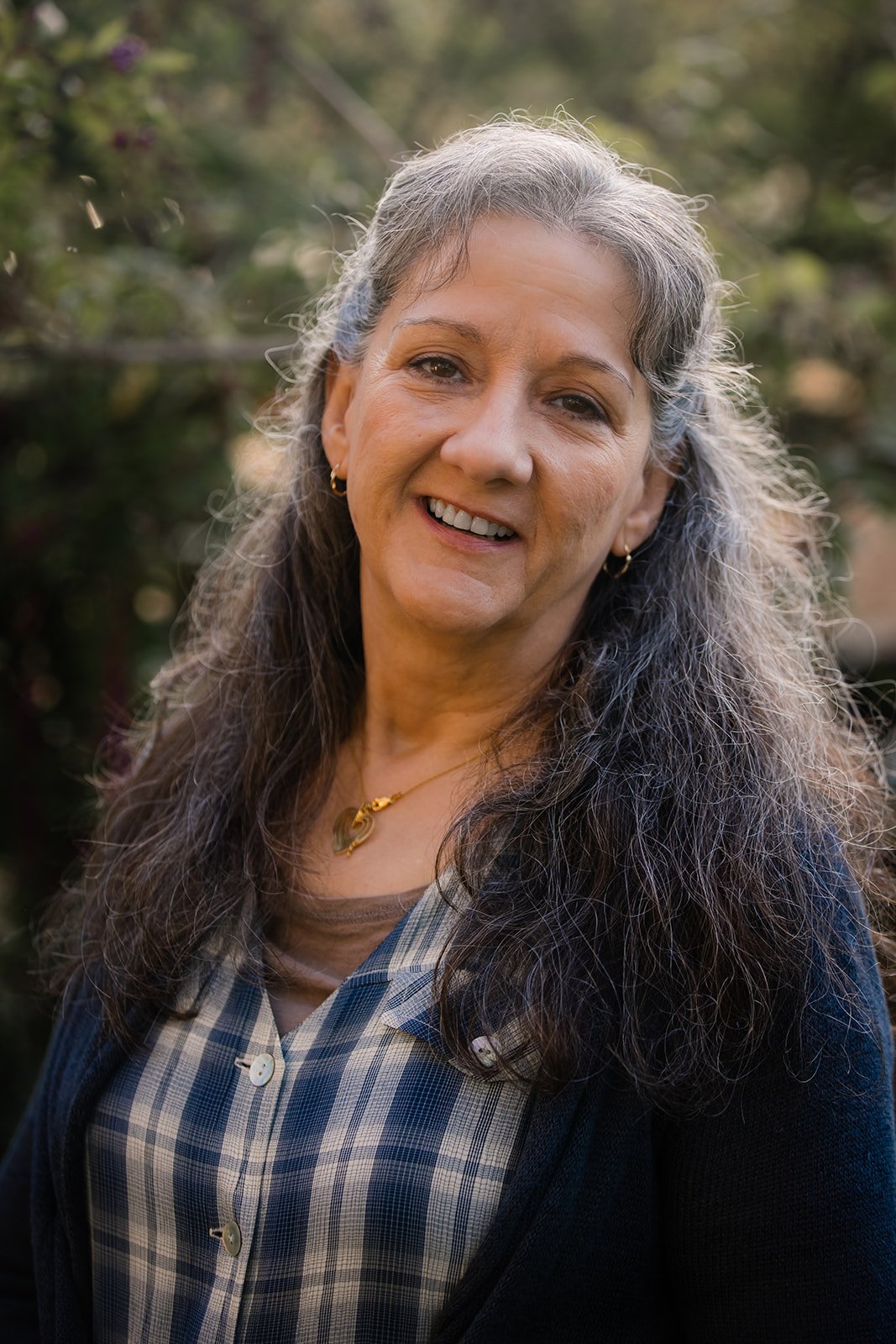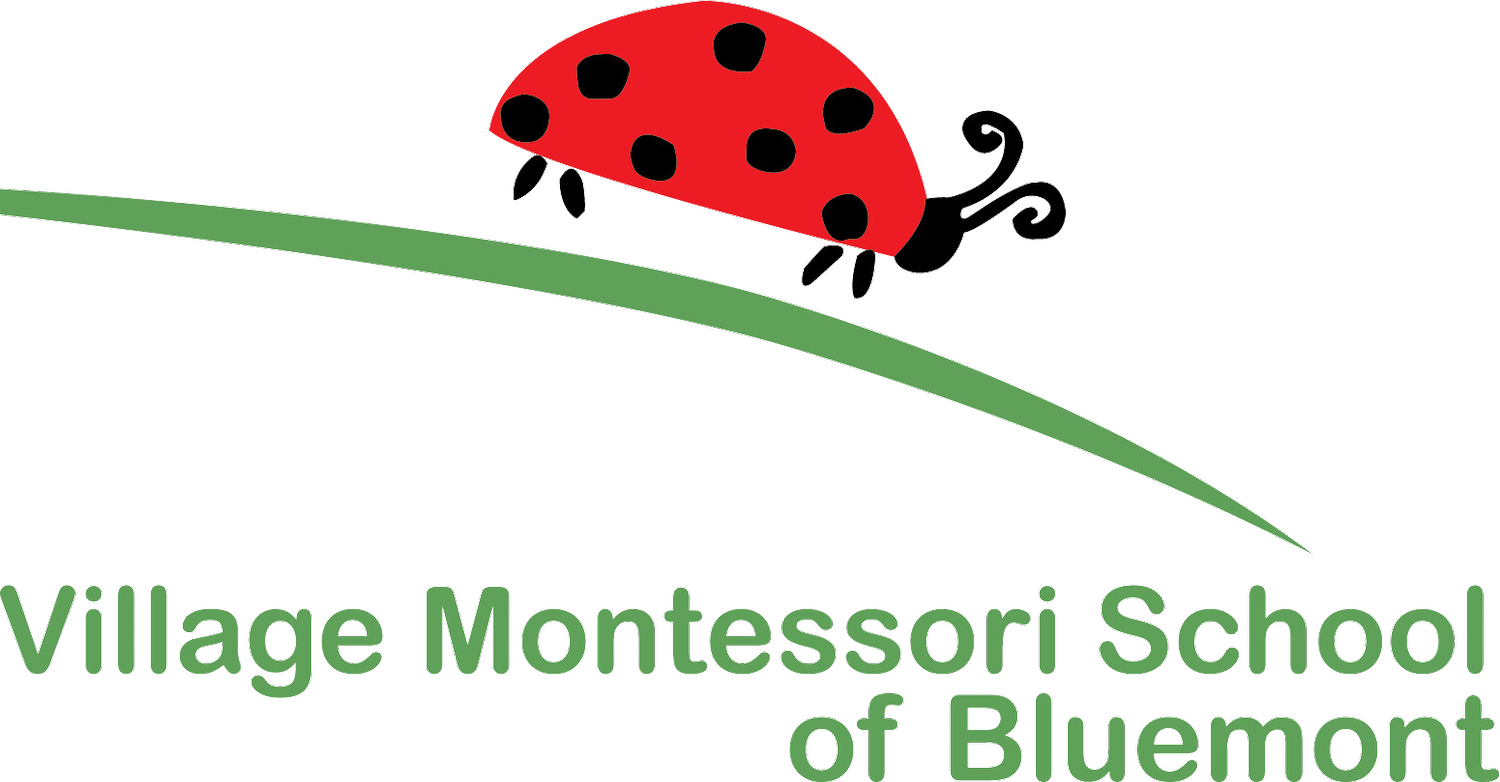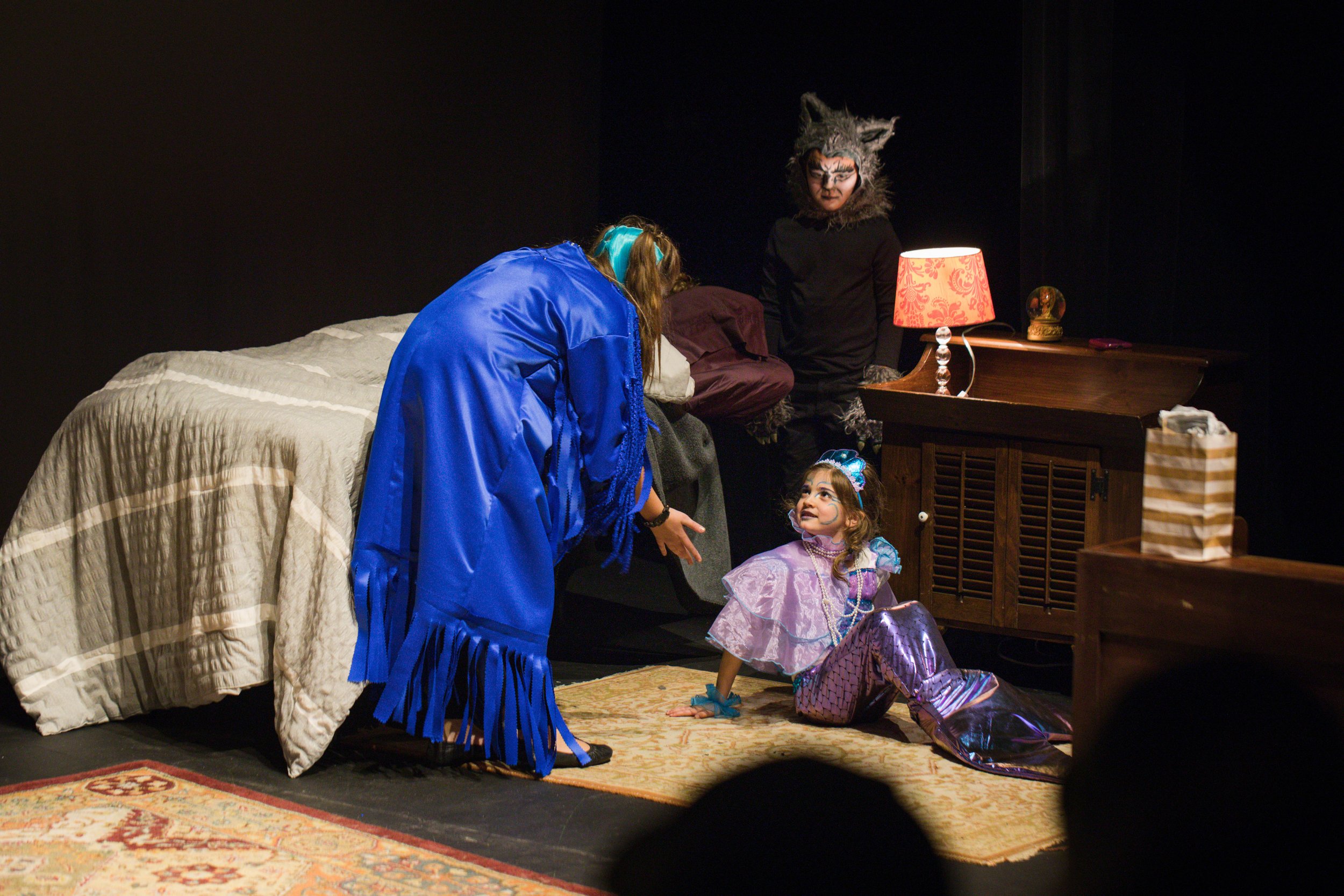
The Education Your Child Deserves
Discover Village Montessori School,
Where Purpose Meets Passion for Learning.
Accredited ■ Credentialed ■ Seasoned
Raising Future-Ready Kids
At Village Montessori School, we know you want to be a parent who raises resilient, creative, and purpose-driven children. In order to do that, you need an educational environment that nurtures these qualities and encourages holistic development.
The problem is the traditional education system is outdated and often emphasizes rote memorization, which makes you feel concerned about your child's future.
We believe that every child deserves an education that truly serves their needs, fostering the growth of responsible human beings ready to facilitate global peace.
We understand your concerns and the desire to give the best for your child, which is why we offer a living model of a culture of peace through our Montessori-inspired approach.
Here's how we do it:
Schedule Your Tour
Fill out an application
Watch your child blossom.
So, schedule your tour today.
So you can stop worrying about the outdated education system, and instead, start nurturing your child's desire and joy for learning.
Introducing our Educational Pioneers
-

Jessica Hurt
PRIMARY LEAD GUIDE
-

Kristina Echevarria
PRIMARY CO-LEAD GUIDE
-

Rodney Berthold
ELEMENTARY AND SECONDARY LEAD GUIDE
-

Jen Stone
ELEMENTARY CO-LEAD GUIDE
-

Annie Carr
ELEMENTARY ART AND SOCRATIC GUIDE
-

Melia Wallace
ASSISTANT
-

Madison Steele
ASSISTANT
-

Luke Peoples
ASSISTANT
-

Trisha Bailey
ASSISTANT
-

Christine Belli
ASSISTANT
-

Chad Wittman
ADVISOR / PE COACH
-

Sue Peoples
ADMIN
-

Cindy Hessler
ADMIN
-

Rebecca Jones
ADMIN
-

Toby & Michael Gress
FOUNDERS



Village Montessori School is redefining education through its unique Outdoor Classroom program. From nurturing gardens to hiking nature trails and creating a native pollinator habitat, our students are immersed in the splendor of the natural world. This holistic approach fosters community involvement and cultivates essential life skills, all while nurturing a deep respect for environmental conservation. Isn't it time we embrace the wonder of outdoor learning? Explore how we're nurturing future stewards of the earth at Village Montessori.